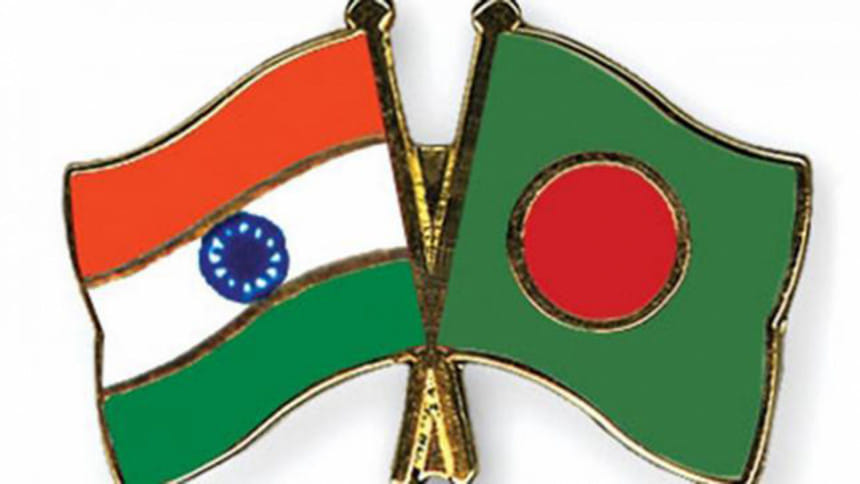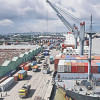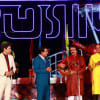Transporting Goods to 7 Sisters: Dhaka to let Delhi use Ctg, Mongla ports

The cabinet yesterday approved a draft agreement to allow India to use Chittagong and Mongla ports to transport cargo to its northeastern states.
The decision came at a cabinet meeting at the Prime Minister's Office, with PM Sheikh Hasina in the chair.
Briefing reporters after the meeting at the secretariat, Cabinet Secretary Shafiul Alam said the draft has been prepared for signing the deal with India, but Nepal and Bhutan can be added to it if they wish to use the two ports.
India would have to follow GATT (General Agreement on Tariff and Trade) and Bangladeshi regulations, pay the customs duties, and buy tax equivalent bonds to transport freight, he added.
The two countries had signed a Memorandum of Understanding (MoU) on the use of the two ports during Indian Prime Minister Narendra Mod's visit to Dhaka in June, 2015.
Under the proposed deal titled Agreement on the Use of Chattogram and Mongla ports for Movement of Goods to and from India, a new modern tracking system would be used to track cargos, Shafiul told journalists.
He said India would also have to pay fees for using the infrastructure of Bangladeshi land ports.
According to the secretary, goods will be transported as per the capacity of the two sea ports. Only Bangladeshi vehicles will be used for transportation of goods within its territory.
The deal will be signed for five years, but it can be extended for another five years automatically. However, any side can cancel the agreement after giving six month's notice and can suspend the deal if a necessity arises.
Should any problem arise in implementing the agreement, several committees of both the countries would resolve it.
Shafiul said the agreement was aimed at strengthening the relations between Bangladesh and India.
As per the deal, Indian goods can be transported through four entry points -- Akhaura in Bangladesh and Agartala in India; Tamabil in Sylhet and Dauki in India's Meghalaya; Sheola in Sylhet and Sutarkandi in Assam; and Bibirbazar in Cumilla and Srimantapur in Tripura.
Talking to The Daily Star yesterday, a top shipping ministry official said the two countries would fix a date for signing the agreement through talks.
He said a Standard Operational Procedure (SOP) would have to be prepared for implementing the deal. The SOP would be prepared after consulting with various stakeholders.
Chances were slim that the agreement would be implemented this year, he added.
Yesterday, the cabinet also gave the go-ahead to formation of a China-Bangladesh joint venture company (JVC) to manufacture smart electric meter cards.
The state-owned West Zone Power Distribution Company and Chinese Hexing Electrical Company will form the JVC, with an approved capital of Tk 50cr and a paid up capital of Tk 28.60cr.
Shafiul said they have a target to produce 5 lakh smart electric meter cards annually.
The cabinet meeting also approved the draft of National Curriculum and Textbook Board (NCTB) Act, 2018 to replace two related ordinances promulgated in 1984 and 1983 respectively by the then military regime, reports BSS.
The cabinet secretary said the NCTB bill seeks to bring some changes to the previous ordinance, recognising the Textbook Board as a statutory body under the Secondary and Higher Education Division.
“The Board will follow the government's directives and instructions to be issued by it from time to time.”
According to the bill, the NCTB will be comprised of nine members, instead of existing five, including its chairman. It will have specific responsibilities, including printing and publication of textbooks for primary, secondary, higher secondary, madrasa and vocational education.
Under a provision of the bill, the NCTB will submit its annual report to the government on March 31 every year.
The NCTB will also be tasked with publishing books for students from small ethnic groups in their mother tongues.

 For all latest news, follow The Daily Star's Google News channel.
For all latest news, follow The Daily Star's Google News channel. 








Comments